Ethiopia
Tigrayan authorities provided images of the Agula camp, located outside of the regional capital Mekelle. There, tanks and heavy weapons were being handed over to the federal forces.
This development is a key enactment of the peace deal signed under the aegis of the African Union last year.
The terms of the November 2 agreement between Ethiopia’s government and the Tigray People's Liberation front party include disarming rebel forces, restoring federal authority in the norther province and reopening access and communications to the region.
The draft said the former warring sides agreed to stop "collusion with any external force hostile to either party."
But the future remains unclear. The Tigray forces have claimed troops from Eritrea were still active in the region and causing destruction.
The African Union envoy helping to mediate the talks, Olesegun Obasanjo, called for the withdrawal of quote on quote "foreign troops."
Access there being restricted, it is impossible to independently verify the situation on the ground.
The precise toll of the conflict, which was largely fought amid media restrictions during nearly two years, is still unknown.
Humanitarian operations have been ramped up since the peace deal, but the amount of food and medical aid delivered remains inferior to the population's needs.




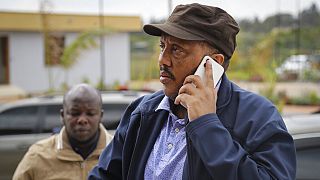
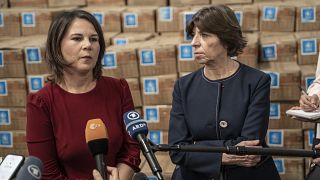

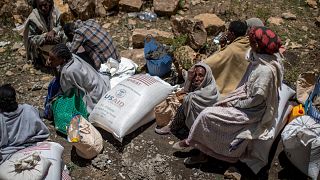
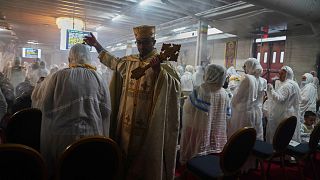
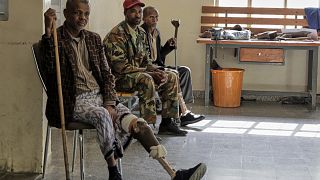



Go to video
Ethiopians mark Easter with calls for peace and love amid ongoing conflict
Go to video
Lt. Gen. Tadesse Werede named the new interim president of the Tigray region
Go to video
Court allows case of promoting Ethiopia violence against Facebook to proceed
01:14
African Union mediators arrive in South Sudan to salvage peace deal
Go to video
Ethiopia’s PM urges Tigray to nominate new leader
01:46
Ethiopia: HIV infections soar in post-war Tigray